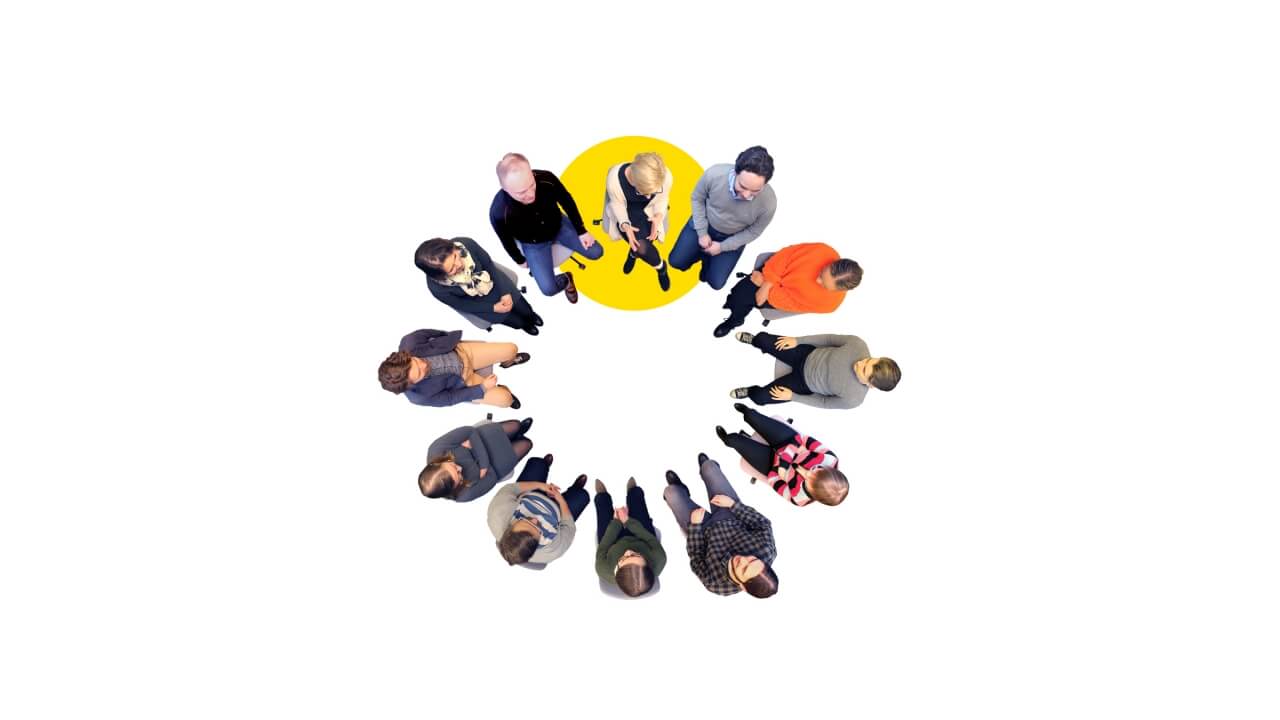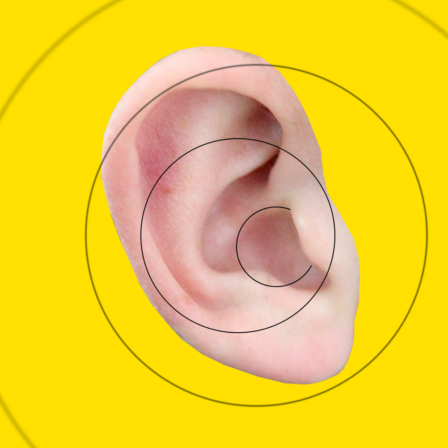Many societal challenges consist of parts affecting each other. They cannot be given to one sector to solve, and there are no simple solutions.
We need better interaction and means of cooperation in order to improve our skills of tackling challenges. Dialogue is a promising method for creating such skills: it enables the creation and interpretation of knowledge across organisational barriers.
Today, Sitra will publish a study, Dialogin vuoro [Dialogue’s turn], written by the developer of dialogue-based communication and researcher Taneli Heikka. The study throws light upon the advantages and application of dialogue through five theses and experimental examples.
Our current way of conversing has led to the exaggeration of extremes, which may have increased the distance between people and population groups. At the moment, only some people are taking actively part in the public discourse, while some remain entirely outside.
“In a dialogue, the participants learn from their own and the others’ perspectives on the topic. Creating mutual understanding supports a more constructive conversation culture,” says Sitra’s Director of Foresight, Insight and Strategy Paula Laine.
Also Sitra’s Senior Advisors, Liisa Hyssälä and Jouni Backman call for better interaction in their working paper on reforming democracy Kansanvallan peruskorjaus [The renovation of democracy]. One of the central observations made in the working paper based on the interviews of over a hundred decision-makers and influencers is that the parties’ programmes are not open enough, and citizens do not have opportunities to influence political agendas. The working paper suggests that decision-making should stem from a wide discussion between citizens which is maintained by, for instance, the different parties.
“Dialogue would be a big opportunity in public discussions, civil society and enterprises,” Laine summarises.
Timeout – a new way of conversing constructively
Sitra will present a new way of conversing constructively at the Timeout as deeds-event. The Timeout-method of discussion has been developed together in a multidisciplinary team of twenty people and various local operators all around Finland during 2017.
Timeout-tools for planning and implementation of constructive discussions are available for everyone to use on www.eratauko.fi. The Timeout-concept can help connect people from different backgrounds and increase the understanding of stakeholders’ views and experiences.
Timeout can be used by cities, activists, enterprises, organisations, schools and universities, the media, politicians, parties or local and regional governments. For instance, local governments can use dialogue effectively for strengthening social inclusion and activating local residents.
The eleven discussion events organised during the development of Timeout had participants with different backgrounds ranging from people attending the bread queue to chief executives.
“The Timeout-tools make it possible to create an atmosphere of equality and mutual respect at the discussion events with fairly simple measures,” says Sitra Specialist Janne Kareinen.
“In a good dialogue, trust grows between participants and the understanding of the topic grows through unpredictable insights – which would not come about without the dialogue,” Kareinen emphasises.
The participants’ dialogue skills will also be strengthened during the dialogue. They are an important civic competence both online and when talking face-to-face.
This year, Sitra mentors a network of partners committed to organising Timeout-discussions. The application process for mentoring has started, and you can find it here. A challenge will be launched in connection with the presentation of Timeout: Suomen dialogihaaste 2018 [Finland’s dialogue challenge 2018].
Sitra’s vision of The next era of well-being calls for progressive management and leading and the renewal of the operational model of democracy. The Timeout-method for constructive discourse is a concrete solution, which could strengthen democracy and social inclusion, and develop interaction.




We recommend
Read more.